Publications
Articles, publications, books, tools and multimedia features from the U.S. Institute of Peace provide the latest news, analysis, research findings, practitioner guides and reports, all related to the conflict zones and issues that are at the center of the Institute’s work to prevent and reduce violent conflict.
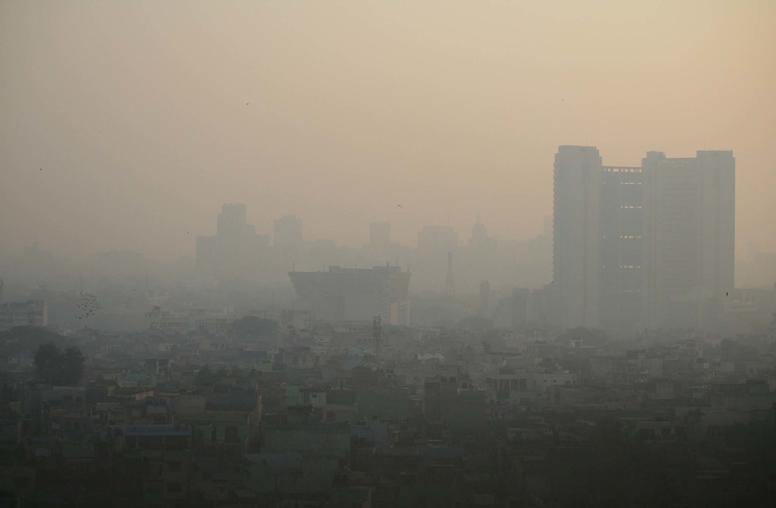
India, Pakistan choke on their smog. Can they clear the air?
South Asia’s extreme smog worsens each winter, helping to kill an estimated 1.2 million Indians and 128,000 Pakistanis annually—more than have died in either country from the COVID virus. As pollution this past winter exacerbated the pandemic, India’s and Pakistan’s governments responded with mutual blame. Yet COVID, and a sudden moment of détente between these bitter rivals, could offer an opportunity to address the smog crisis, and build rare collaboration with the only strategy that can work: a joint one. The governments, their U.S. and international allies and civil society should use this chance to jumpstart such an effort.
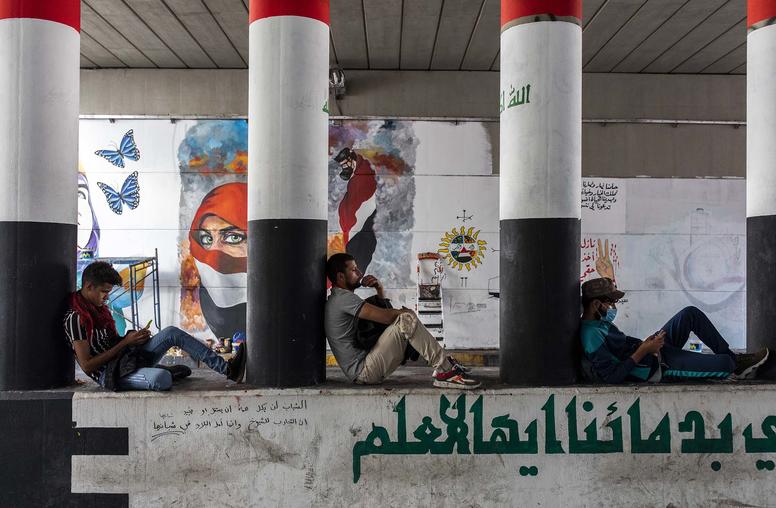
U.S., Iraqi Envoys Call for Continued Partnership 18 Years After Saddam’s Fall
Eighteen years after the overthrow of Saddam Hussein, Iraq is still in the midst of a rocky transition, beset by governance, economic, social and security challenges. With the Biden administration setting its sights on sweeping portfolio of domestic and foreign policy issues, some fear the United States will lose focus on Iraq. But in remarks on Tuesday, the top American diplomat in Baghdad vowed continued American engagement. Ahead of a pivotal year for Iraq, “The United States is resolute in its commitment to supporting [a] stable, sovereign, democratic and prosperous Iraq,” said U.S. Ambassador to Iraq Matthew Tueller.
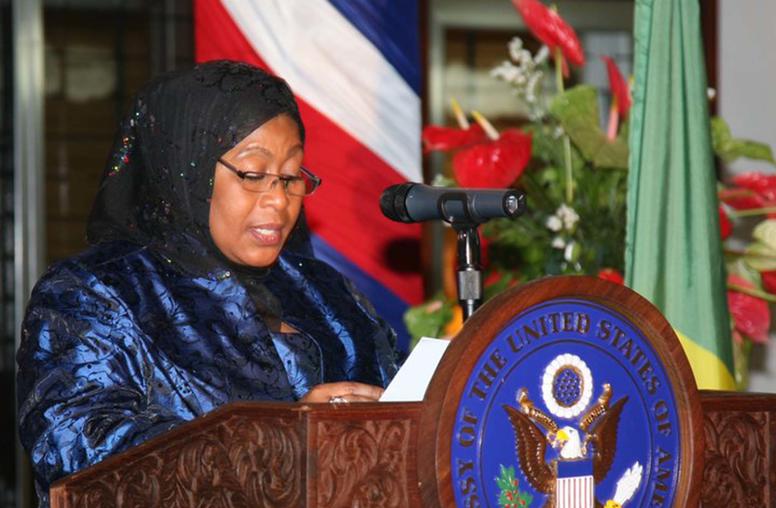
Tanzania Gets a Woman as President: That’s an Opportunity
Samia Suluhu Hassan, who became Tanzania’s sixth president this month following the death of her predecessor, has an opportunity to promote stability for her nation of 58 million people, say analysts and women activists in East Africa. As Tanzania confronts COVID and political division, Hassan could expand a history of African women leaders who have advanced stability and peace in moments of crisis. Her elevation also could boost grassroots movements across East Africa—including a new network of women leaders in Tanzania—that are strengthening peace and security through greater inclusion of women in public life.
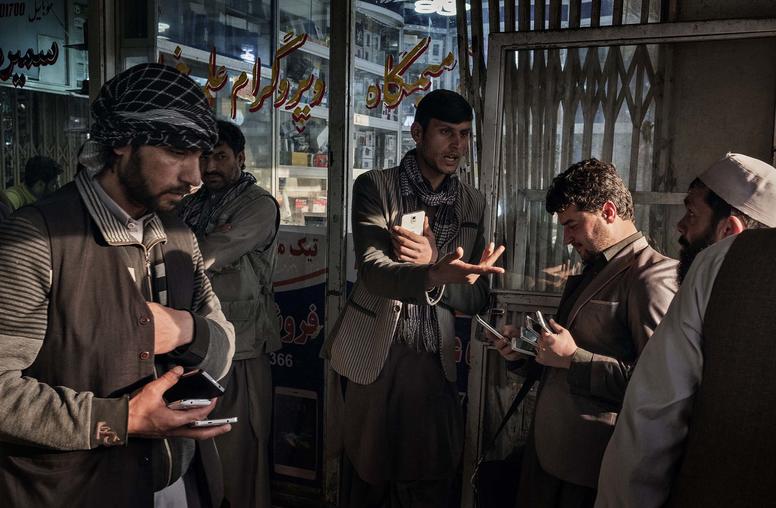
Revitalizing Afghanistan’s Ministry of Finance
Revitalizing Afghanistan’s badly damaged Ministry of Finance is critical for the state’s survival today and will be equally important during a peace process or under any interim or power-sharing arrangement. Without curbs on political interference and corruption at the ministry, Afghanistan will be hard pressed to ensure that aid pledges made at November’s Geneva international conference materialize.
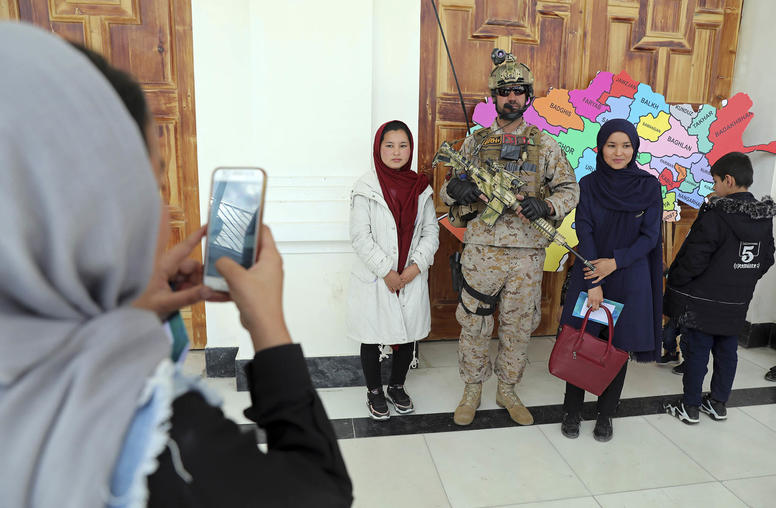
“No Going Backward”: Afghanistan’s Post–Peace Accord Security Sector
Failure to plan realistically for needed changes in Afghanistan’s security sector following a peace settlement—and failure to start phasing in changes now—will lead to post-settlement instability. This report examines the particular challenges Afghanistan will face, with examples from the climate following peace settlements in other parts of the world offering insight into what may occur and possibilities for response.
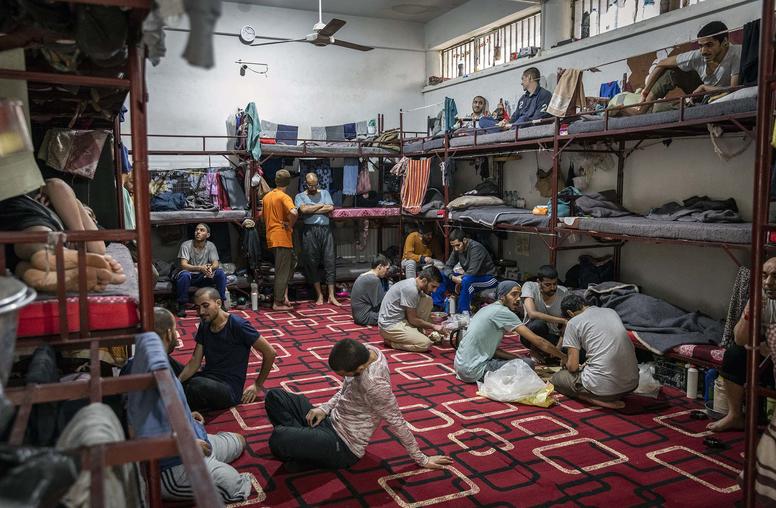
Guns, Camps and Deradicalization: Violent Extremists in Conflict Zones
Violent extremists make civil conflicts more complex and less manageable. Whether in the Middle East, Africa or South Asia, one of the many problems presented by conflicts involving violent extremists is how to deal with these combatants and associates when they surrender or are captured. There have been many attempts to disengage, deradicalize, rehabilitate and reintegrate violent extremists around the world, but most research focuses on stable settings such as Western Europe and North America. What, then, do we know about how to do this in the middle of conflict?
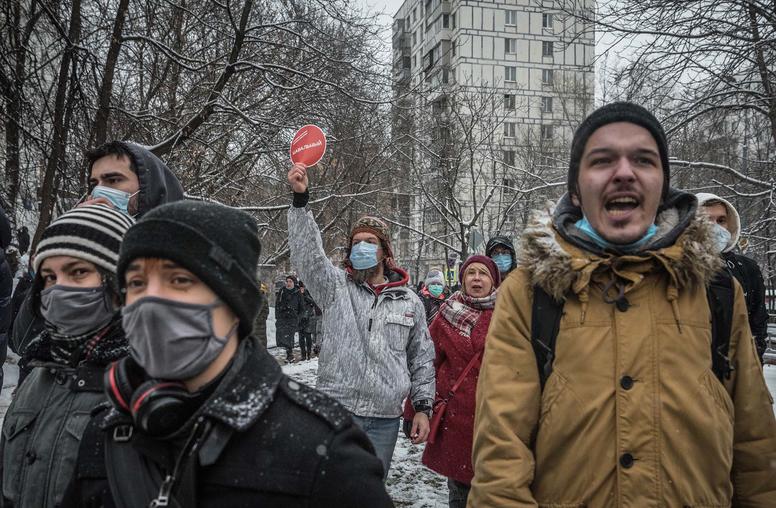
A Reason for Hope in Russia’s Industrial Heartland
The courageous return to Russia and arrest of Alexei Navalny opened a new phase in the opposition to President Vladimir Putin’s rule. Not only were the ensuing demonstrations the largest and most widespread since 2011-2012, but the opposition also showed itself to be more daring, aggressive and creative. The authorities responded with arrests of organizers and activists throughout the country and recently detained 200 elected local officials and others gathered at a conference in Moscow to discuss municipal self-government. The run-up to parliamentary elections scheduled for September will be the next opportunity for the opposition to show its strength.
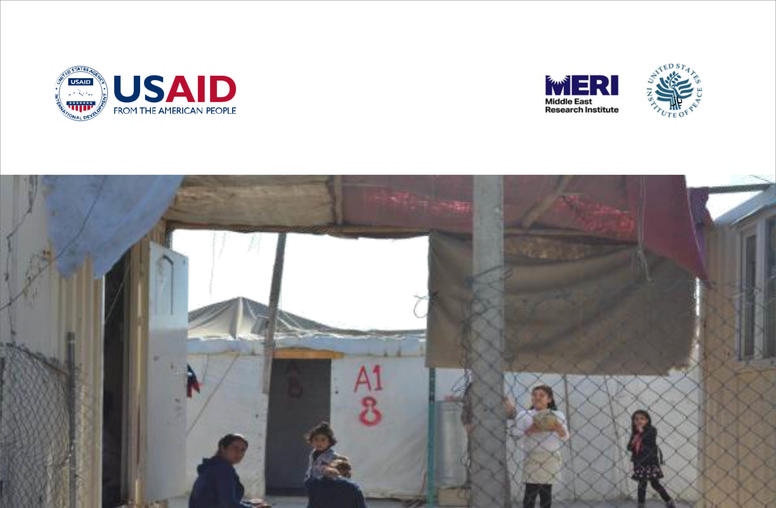
Ninewa Plains and Western Ninewa: Barriers to Return And Community Resilience (Arabic)
This report is a meta-analysis of the vast literature on Ninewa IDPs and the barriers to their return. It covers important analytical and contextual gaps with firsthand research to inform and enhance stakeholder policies.
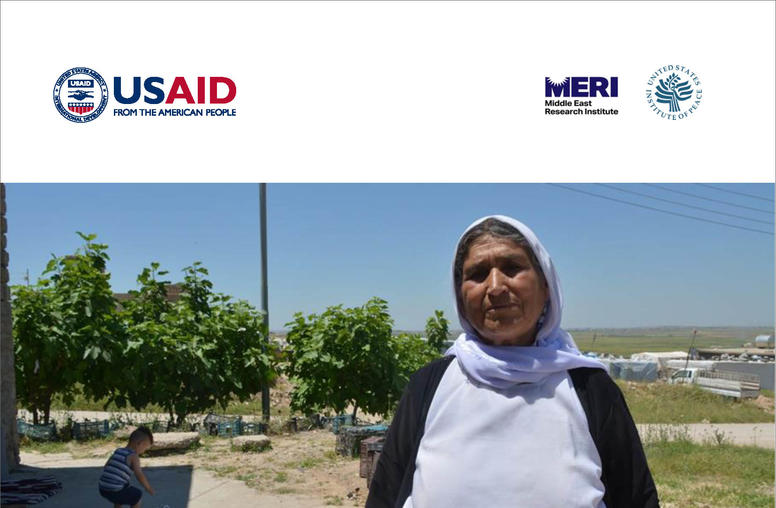
Ninewa Plains and Western Ninewa: Sustainable Returns and Stabilization Efforts (Arabic)
The aim of this report is to map previous and current initiatives undertaken by local, provincial and national governments, civil society organizations, international NGOs and other actors to address barriers to stabilization and the return of displaced persons from Ninewa governorate, particularly Ninewa Plains and Western Ninewa. The report also identifies shortcomings, failures and gaps that constrain return processes and long-term stabilization.
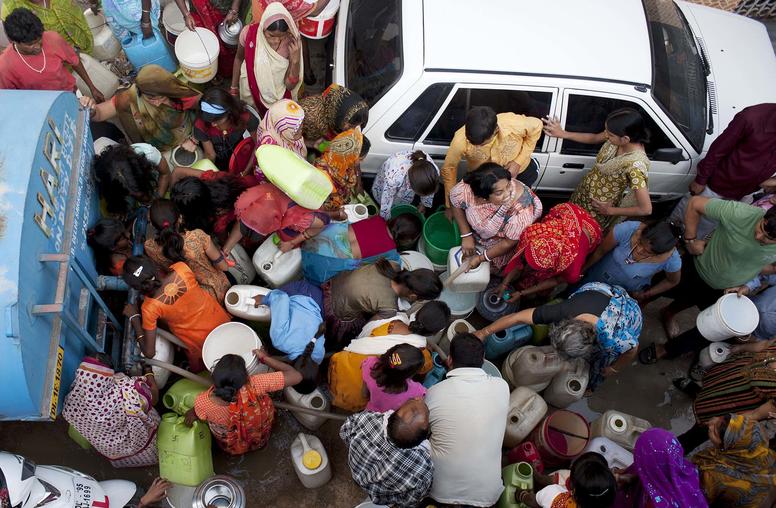
World Water Day: The Role of Nonviolent Action in Water Governance
Will people go to war over water? According to the United Nations, “Water is the primary medium through which we will feel the effects of climate change” in the years ahead. As access to this finite, vital resource becomes increasingly imperiled, water-related tensions will rise — both between states and within them. In recent decades, disputes between governments and local stakeholders have resulted in mass action events centered on water governance. Today, in the age of accelerating climate change, nonviolent movements will need to adapt their strategic thinking if they are to improve water governance and prevent violent conflict.